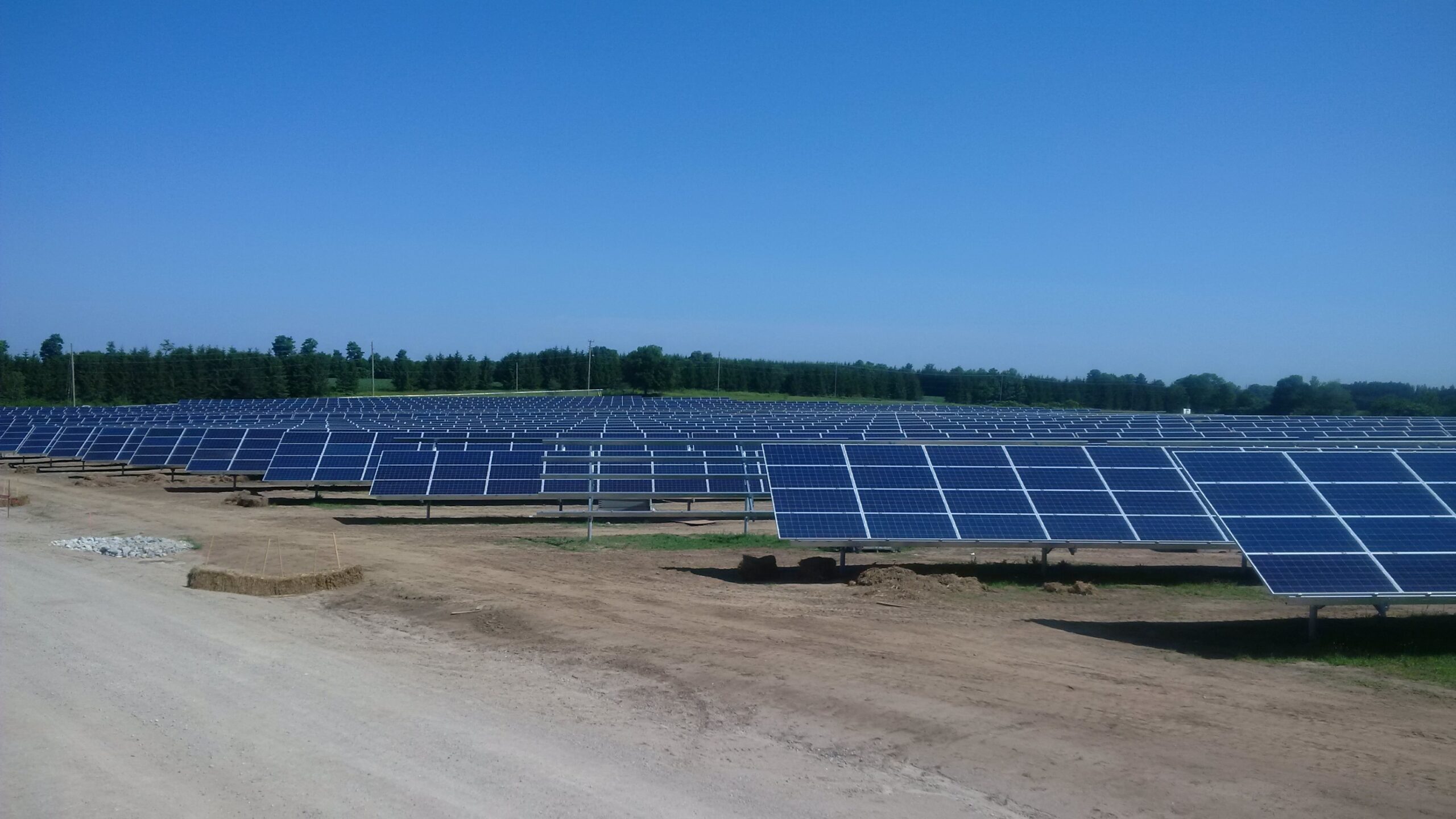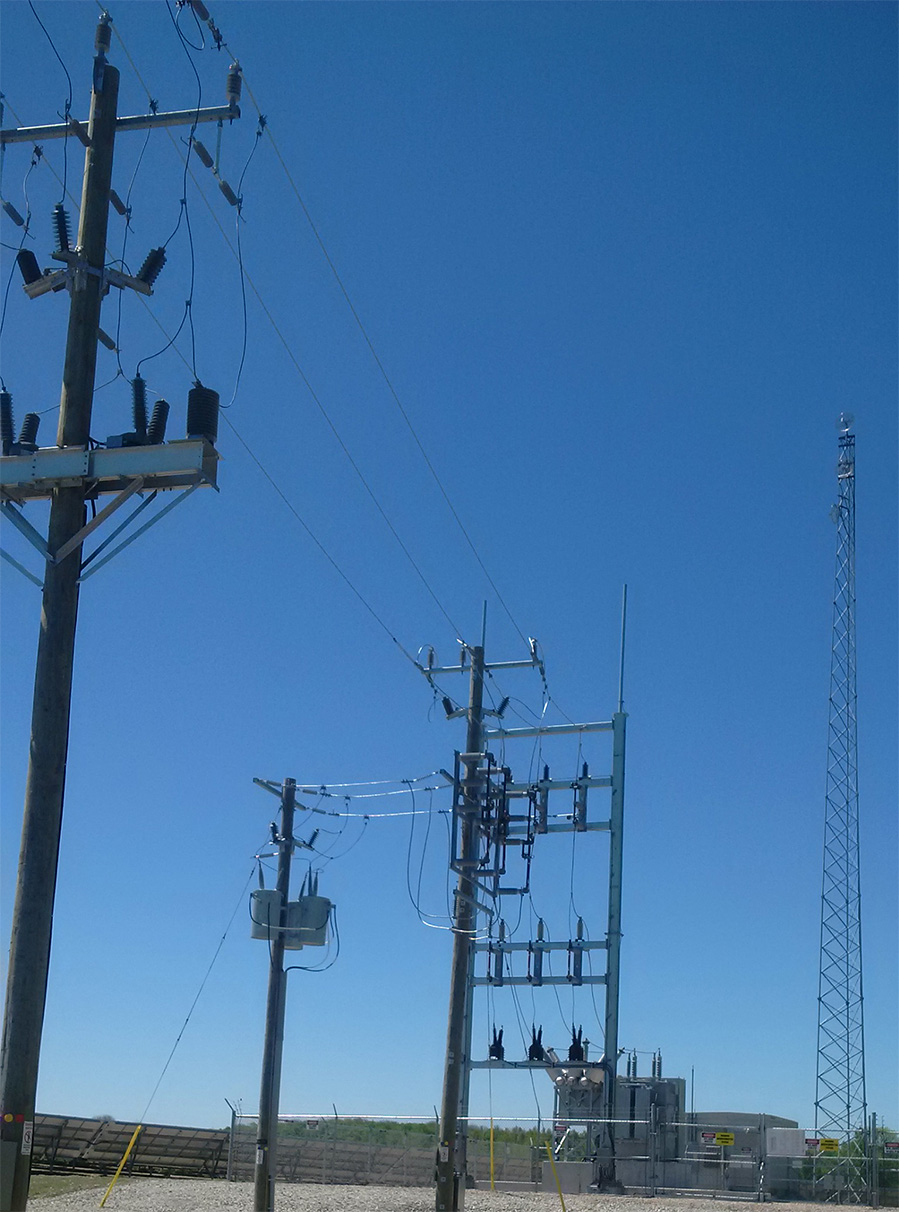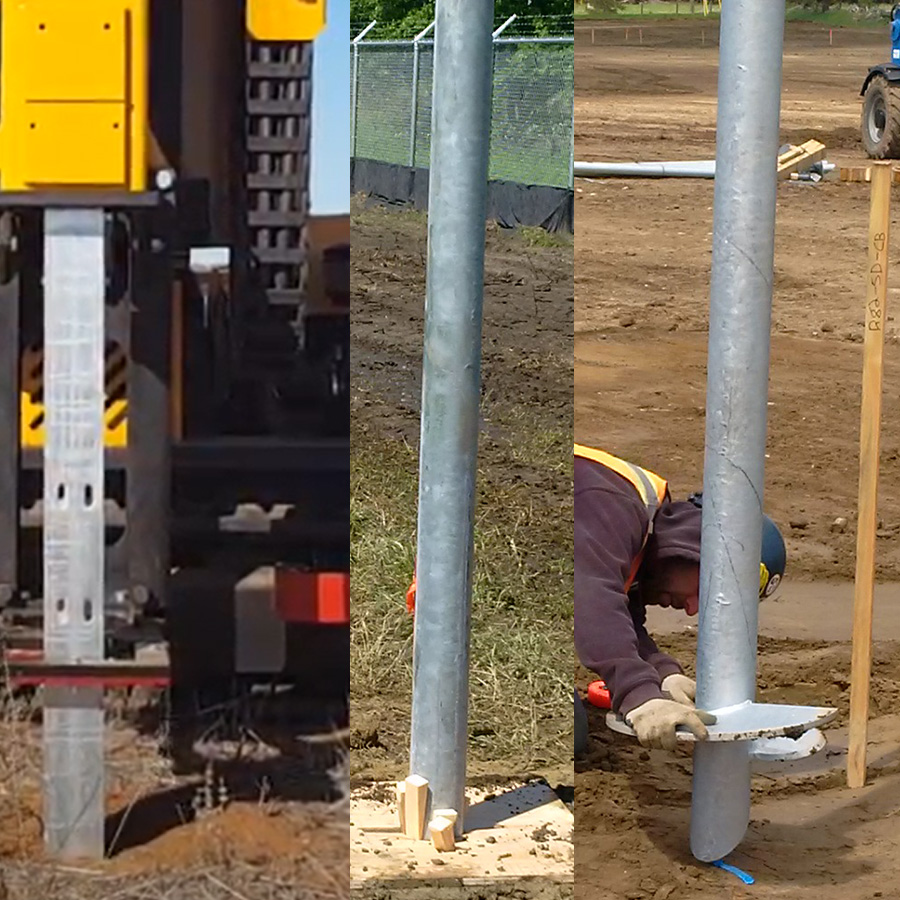UtilityScale.Solar
Renewable Energy Project Development
- Conceptual, pre-feasibility study, feasibility study, development and design.
- Site Selection & Energy Yield
- Plant Design
- Permits and Licensing
- Construction
- Commissioning
- Operations and Maintenance
‘ Most of you are familiar with design-build, but for those of you who are not…
Design-build is a contractual arrangement between an owner and a single entity to both design and then build the entire project’
To Start
You will need to find a suitable site for your solar plant, conduct a feasibility study and an environmental impact assessment, secure land rights and interconnection agreements, apply for permits and approvals from various authorities, hire contractors and suppliers, purchase equipment and materials, install and test your system, and connect it to the grid.
The cost of building a utility-scale solar plant depends on several factors, such as the size, location, design, and technology of the system. According to some sources, building a utility-scale solar plant costs about *$1.20 to $1.56 per watt for fixed-tilt or tracking installations respectively or about *$1,200,000 to $1.56 million per megawatt of power capacity.
Building a utility-scale solar plant can be a profitable and sustainable investment. However, it also requires careful planning, financing, permitting, and construction.
“Design the layout to minimize cost while achieving the maximum possible revenue from the plant.
This means a foundation design that minimizes cable runs and associated electrical.”
Driven piles
If a geotechnical survey proves suitable, a beam or pipe driven into the ground can result in low-cost, large-scale installations that can be quickly installed. Specialist skills and pile-driving machinery are required.
Grouted Concrete piers cast in-situ
These are well suited to all systems and have good tolerance to uneven and sloping grounds. An experienced crew and access to the site for Auger Equipment and Concrete trucks is required.
Helical Piles
Helical earth screws typically made of steel have good economics for large-scale installations and are tolerant to uneven or sloping terrain. These require specialist skills and machinery to install.
1000 Watts equals 1 kilowatt. 1000 Kilowatts equals 1 Megawatt. 1000 Megawatts equals 1 Gigawatt. 1000 Gigawatts equals 1 Terawatt. 1000 Terawatts equals 1 Petawatt. 1000 Petawatts equals 1 Exawatt.
Watts
Kilowatt
Grid Connection
The grid connection must have sufficient capacity to enable the export of power. The viability of grid connection depends on three main factors: capacity, availability, and proximity. These factors should be considered thoroughly at an early stage of a project; otherwise, the costs become prohibitive if the site is found to be in an unfavorable area for grid connection.
Bob Seabrook has over 40 years experience in ICI and Residential construction. A past member of the Canadian Construction Association, building for Fortune 100 companies and private individuals, working with owners, architects, designers, and engineers. His customers receive help with specifications, samples, prototypes, and budgets.
Contact Me
- Best Practices – Development, construction, operation and financing of solar projects
- Grid-connected distributed PV – Providing electricity to a specific grid-connected industrial customer.
- Grid-connected centralized PV – Providing centralized power generation for the supply of bulk power into the grid.




